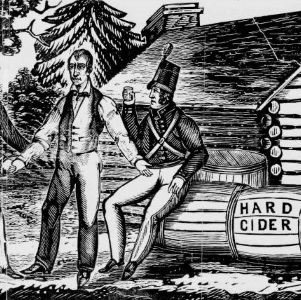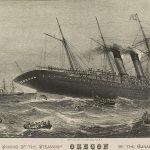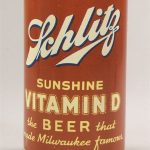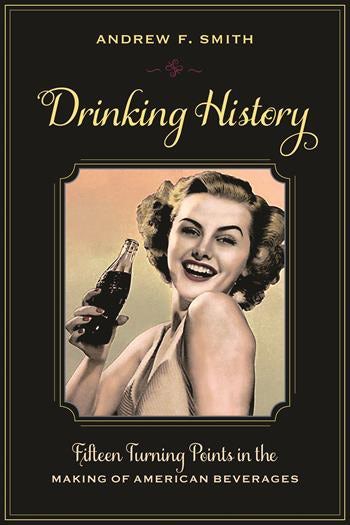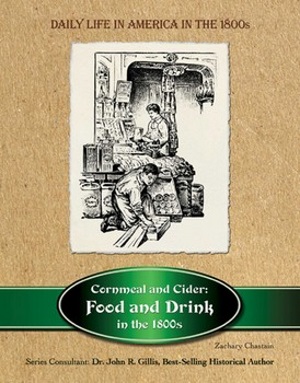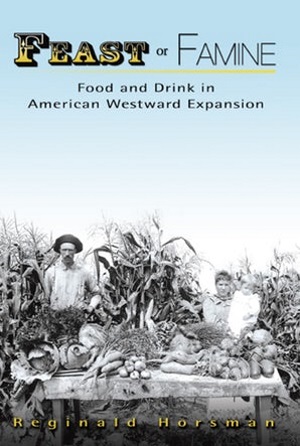Americans, troubled by the economic malaise that had fallen upon the country in 1837, embraced a nostalgia for a simpler time when their fates were not tied to mysterious market forces beyond their control. Log cabins and hard cider were a perfect symbol of that lost past.
Hard apple cider represented not just a celebration of the disappearing self-provisioning lifestyle, but it was also a protest against do-gooder moral reformers bent on telling ordinary people how to live and what to drink.
In 1840 the Whig Party was ready to exploit this nostalgia. After settling on old war hero William Henry Harrison for their presidential candidate, the Whigs declared their man to be the “log cabin and hard cider” candidate, a perverse political twist on many levels.
Far from being born in a log cabin, Harrison was born on a James River plantation, a descendant of one of Virginia’s elite, slaveholding families. Even most of his days as a military officer in the West were spent at Grouseland, a magnificent estate in Indiana, surrounded by grafted fruit trees and gardens. The ruse worked and Harrison defeated Martin Van Buren handily.
The campaign may well have proved to be a curse for hard cider, however. As the economy improved after 1843, nostalgia for “the olden days” quickly faded. German immigrants flooded into North America and beer began to replace cider as the beverage of choice.
See See: “Hard Cider and the Election of 1840” by William Kerrigan on the American Orchard website (2015)

